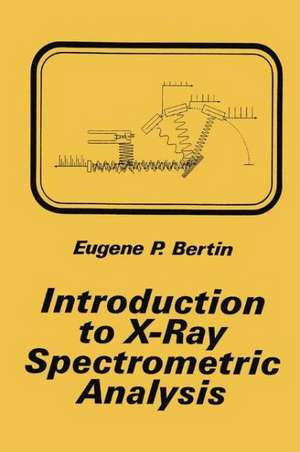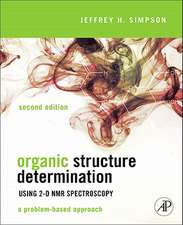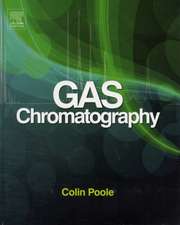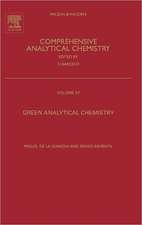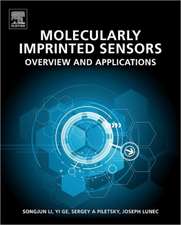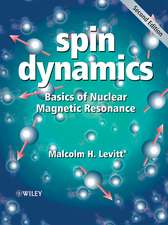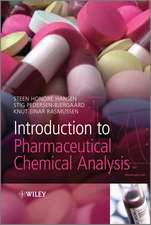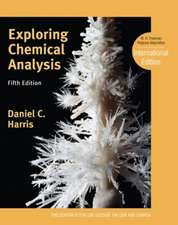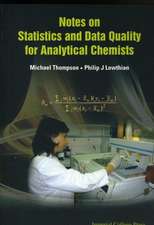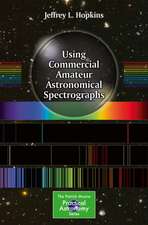Introduction to X-Ray Spectrometric Analysis
Autor Eugene P. Bertinen Limba Engleză Paperback – 28 feb 1978
Preț: 954.31 lei
Preț vechi: 1163.80 lei
-18% Nou
Puncte Express: 1431
Preț estimativ în valută:
182.60€ • 190.67$ • 150.79£
182.60€ • 190.67$ • 150.79£
Carte tipărită la comandă
Livrare economică 15-29 aprilie
Preluare comenzi: 021 569.72.76
Specificații
ISBN-13: 9780306310911
ISBN-10: 0306310910
Pagini: 485
Ilustrații: XIV, 485 p. 28 illus.
Dimensiuni: 152 x 229 x 26 mm
Greutate: 0.7 kg
Ediția:1978
Editura: Springer Us
Colecția Springer
Locul publicării:New York, NY, United States
ISBN-10: 0306310910
Pagini: 485
Ilustrații: XIV, 485 p. 28 illus.
Dimensiuni: 152 x 229 x 26 mm
Greutate: 0.7 kg
Ediția:1978
Editura: Springer Us
Colecția Springer
Locul publicării:New York, NY, United States
Public țintă
ResearchDescriere
X-ray fluorescence spectrometry has been an established, widely practiced method of instrumental chemical analysis for about 30 years. However, although many colleges and universities offer full-semester courses in optical spectrometric methods of instrumental analysis and in x-ray dif fraction, very few offer full courses in x-ray spectrometric analysis. Those courses that are given are at the graduate level. Consequently, proficiency in this method must still be acquired by: self-instruction; on-the-job training and experience; "workshops" held by the x-ray instrument manu facturers; the one- or two-week summer courses offered by a few uni versities; and certain university courses in analytical and clinical chemistry, metallurgy, mineralogy. geology, ceramics. etc. that devote a small portion of their time to applications of x-ray spectrometry to those respective disciplines. Moreover, with all due respect to the books on x-ray spectrometric analysis now in print, in my opinion none is really suitable as a text or manual for beginners in the discipline. In 1968, when I undertook the writing of the first edition of my previous book, Principles and Practice of X-Ray Spectrometric Analysis,* my objective was to provide a student text. However, when all the material was compiled, I decided to provide a more comprehensive book, which was also lacking at that time. Although that book explains principles, instrumentation, and methods at the begin ner's level, this material is distributed throughout a mass of detail and more advanced material.
Cuprins
1. Excitation and Nature of X-Rays and X-Ray Spectra.- 2. Properties of X-Rays.- 3. X-Ray Emission Spectrometric Analysis: General Introduction.- 4. Excitation; Wavelength Dispersion.- 5. Detection and Readout; X-Ray Intensity Measurement.- 6. Energy-Dispersive X-Ray Spectrometry.- 7. Qualitative and Semiquantitative Analysis.- 8. Problems and Performance Criteria.- 9. Quantitative Analysis.- 10. Specimen Preparation and Presentation.- 11. Electron-Probe Microanalysis.
